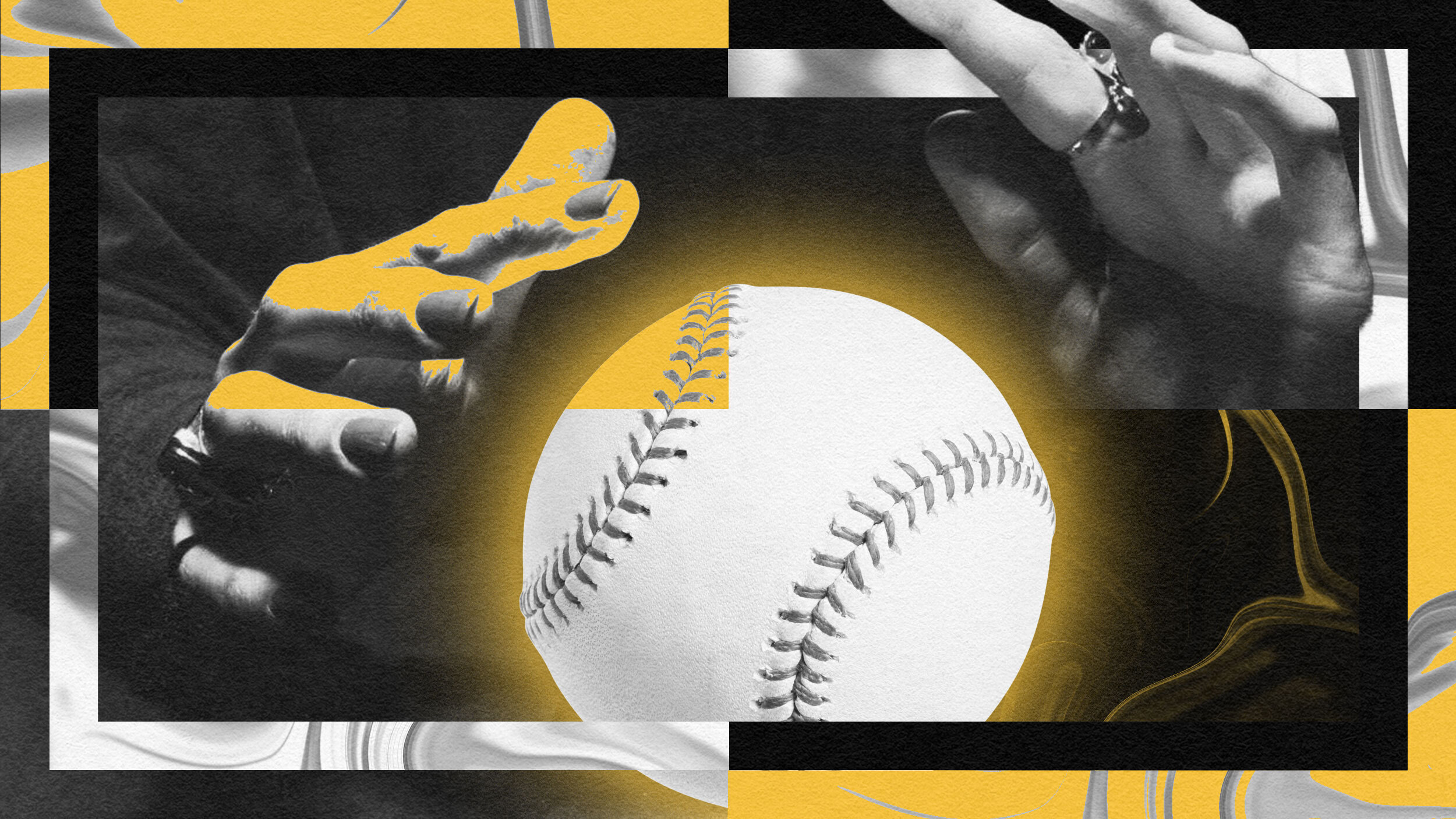Why ‘trying too hard’ can sabotage your success

In part four of my five-part interview series with Bob Tewksbury, the new director of player development for the Major League Baseball Players Association, as well as retired major league pitcher and former mental skills coach for the Boston Red Sox, he explains why effort is required to succeed, but too much effort can lead to disaster.
You say that it’s crucial for major league baseball players to put in an appropriate amount of effort during a game. What do you mean by that?
People think that the harder they try, the better the results. But effort versus success is not a straightforward upward graph but rather a curve. Once a player goes beyond a certain “effort” threshold, it actually begins to hurt their performance.
Can you give me an example?
Sure, I’ve seen pitchers come out too amped up and try to throw the ball too hard. They try to put a few extra mph on their fastball. But what they gain in velocity they lose in control, leading to more walks and higher pitch counts. In Ken Ravizza’s and Dr. Tom Hanson’s book, Heads-Up Baseball, they call this “primal pitching.”
Primal pitching?
Pitching like your hair is on fire. Your mind is overheated and you’re running on adrenaline. Then there’s “prayer pitching,” which is when you’re hoping they don’t hit it. Finally, there’s “perfect pitching,” which is having the mindset that if I can put it right on that perfect spot then I can prevent the batter from hitting it. All three of these kinds of pitching will backfire on you.
Does the same principle apply for hitters?
Absolutely. If a hitterswings too hard, he’s going to lose his balance and pull off the ball. He’s also going to fail to see the ball as well. And, to make matters worse, trying too hard causes the hitter’s muscles to tighten, which messes with his ability to take a nice fluid swing.
Can you watch a player and see when he’s trying to do too much at the plate?
Sure. If a hitter who normally has good plate discipline is swinging at pitches outside the strike zone, especially with men on base. Or a right fielder tries to gun down a runner going to third base and overthrows the cut off man. Playing at a high intensity level is a good thing, but if you’re physically overexerting yourself, you’re going to lose control of your emotions, as well as your mechanics, and bad things are going to happen.
So how do you find the right balance between effort and ease?
I’ve asked pitchers, on a scale from one to ten, what’s your effort level when you’re performing at your best. Generally, it’s a 7.
What was your effort level when you pitched?
I’d say around a 7. If I tried to throw at 100% I would not have had the success that I did.
Is the effort level the same for every athlete?
No. Look at Tiger Woods. He swings tremendously hard. But if 90% of people tried to swing that hard, they would fail to hit it down the fairway. They’d hook it into the water or slice into the woods. With that said, I don’t think the greats like Mariano Rivera, Greg Maddux, David Ortiz, John Smoltz, and Derek Jeter ever try as hard as they can physically, because they would lose the relaxed focus they need to play at a high level.
What do you mean by relaxed focus?
The great players have great mental focus, but they are not uptight. They are cued into every moment like a laser beam, but their breathing is natural. Because they believe in themselves, trust their abilities, and know that you can cope with the demands of the situations as they arise they can play the game with a certain calm. This calm is what allows them to make terrific split-second decisions as they happen on the field. Sometimes you have to get out of the way mentally and let muscle memory take over.
But staying calm is easier said then done, especially in a pressure situation, no?
That’s true. There’s nothing like being alone on this bump in the middle of a field with 30,000 people looking down at you, and the game on the line. But no matter what the task in life, you can’t try to do more than you can. If a pitcher throws 95 miles per hour, they can’t come in and try to throw it 100 miles per hour. They need to make quality pitches. They need to focus in on one pitch at a time. I think this goes for any endeavor. If you’re an actor on a big audition, don’t try to be the next Meryl Streep. Put in a quality performance, stay within yourself, stay in the moment, stay relaxed, and I think you are far more likely to shine.
Image credit: Andrey Ezhov/Shutterstock





